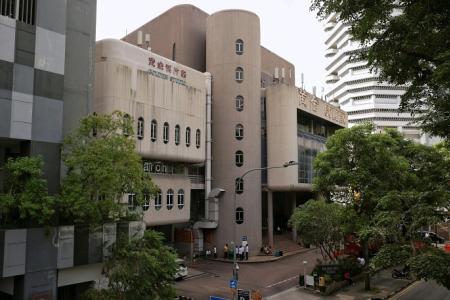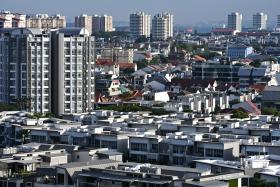URA offers bonus floor area to keep Golden Mile Tower cinema block
The owners of Golden Mile Tower in Beach Road have been offered bonus gross floor area by the authorities if the complex is redeveloped, provided that the commercial complex’s iconic cinema block is conserved.
The offer from the Urban Redevelopment Authority (URA) comes amid an ongoing collective sale exercise for the strata-titled development, which comprises an 18-storey office tower on top of a six-storey retail and carpark podium which houses the cinema block.
This latest move from the URA shows how the agency has in recent years also looked to conserve large-scale strata-titled buildings, such as Golden Mile Complex.
In October 2021 that development, which is adjacent to Golden Mile Tower, was conserved after a basket of incentives was offered for its refurbishment, including bonus gross floor area.
Golden Mile Tower’s sales agent, Ms Anna Tan, who is a business development director at Tag Realty, told The Straits Times on Jan 6 that the complex’s owners have permission to redevelop it into a 48,871.2 sq m development if at least the cinema block is kept. This results in a 25 per cent increase over the complex’s current 38.953.72 sq m gross floor area.
She said that the permission from URA, received on Dec 23, has resulted in an extension of the collective sales exercise till Feb 12, after it began in August 2024 and was supposed to close on Dec 31.
This third collective sale attempt has a reserve price of $556 million, lower than the $650 million reserve price in November 2022, and $600 million in April 2023.
On Aug 7, 2024, Golden Mile Tower’s collective sales committee applied to the URA for the complex to be redeveloped as a 46,253 sq m mixed-use development, in hopes that an approved application would demonstrate the property’s redevelopment potential to potential buyers.
The proposal – which included a 35-storey office and residential tower, a 32-storey office and hotel tower and a five-storey retail podium – was on Dec 23 rejected by the URA, but the agency made a counter-proposal to the committee with two options.
It may either redevelop Golden Mile Tower entirely, with a maximum building height of 145m and the gross floor area to be capped at complex’s existing 38.953.72 sq m, or build a 48,871.2 sq m development with a maximum height of 164m if at least the existing cinema block is conserved.
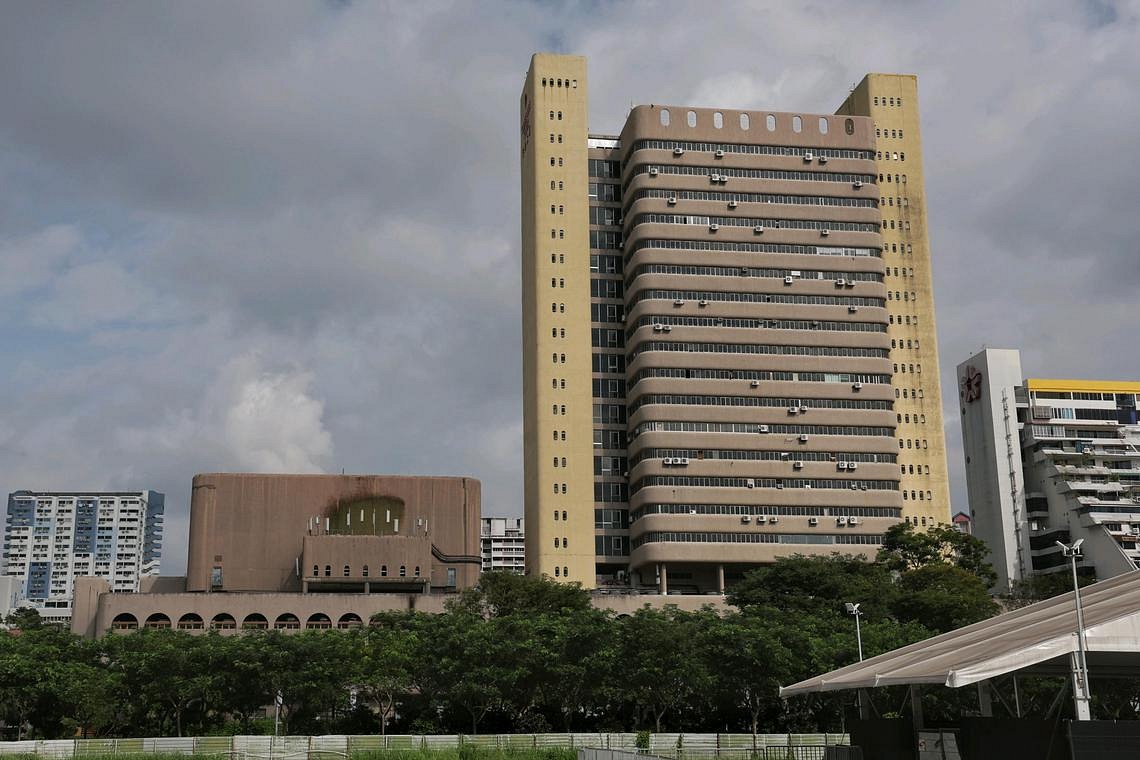
Regardless of whether the cinema block is kept, the development that replaces Golden Mile Tower can be used for commercial, hotel and residential purposes.
Golden Mile Tower sits on a 0.87ha site with a 99-year lease that began on June 9, 1969.
When asked why URA offered incentives if the cinema block is conserved, an agency spokesperson said Golden Mile Tower is “a landmark which reflects the transformation of Beach Road over the years”.
“While redevelopment of the site can be considered, retaining the cinema block, with its distinctive facade that fronts Beach Road, would allow it to continue to be a familiar marker, positively contributing to the identity and history of the Beach Road area,” said the spokesperson, who did not give details on the conditions that may be imposed on the cinema block if it is conserved.
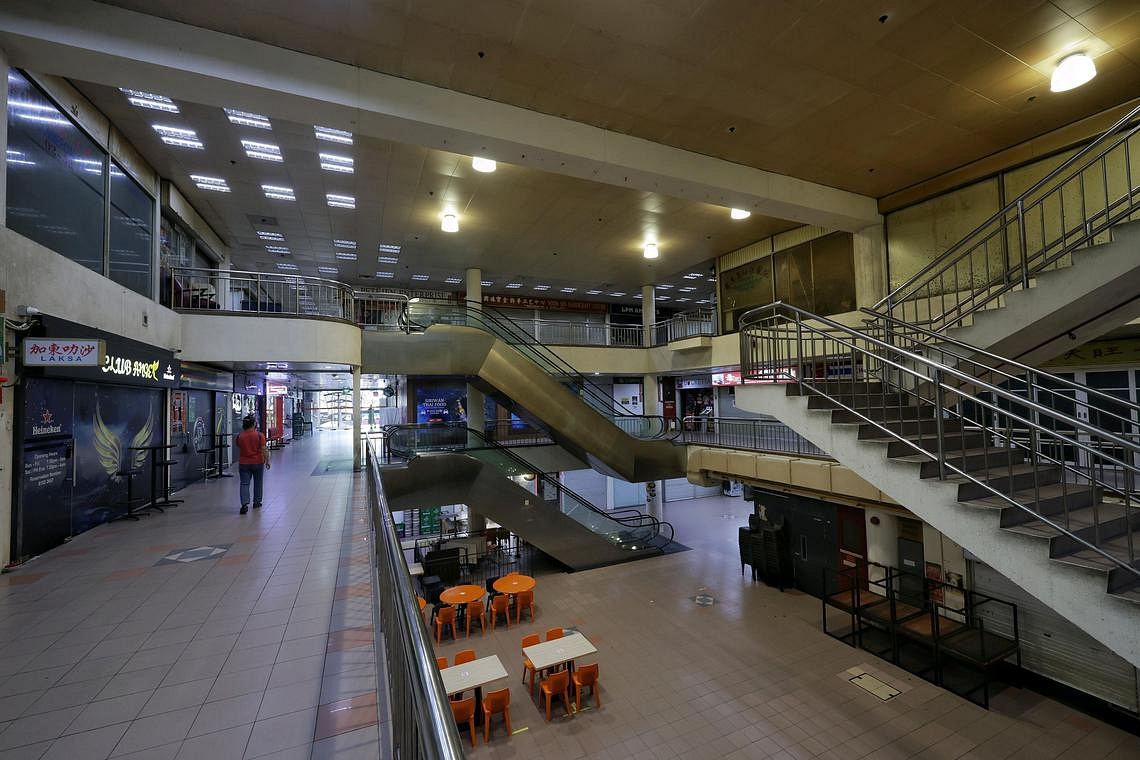
Alongside Golden Mile Complex, which was conserved in October 2021, Golden Mile Tower is among the earliest results of independent Singapore’s efforts to rejuvenate its city centre, which had areas that the authorities in the 1960s said were “slum-ridden”.
The two developments are part of the “Golden Mile”, described in the Housing Board’s 1965 annual report as a row of “towering flats, office blocks and commercial buildings lining the main seafront overlooking Singapore harbour”.
Developed by Chong Gay Theatres, which also developed Kallang Theatre, Golden Mile Tower housed Golden Theatre, a cinema-cum-theatre that could sit about 2,000 and was among the largest cinemas in Singapore when it opened in 1973, placing Chong Gay alongside other entertainment giants such as Shaw and Cathay.
Golden Mile Tower’s cinema block is today occupied by The Projector and Carnival Cinemas.
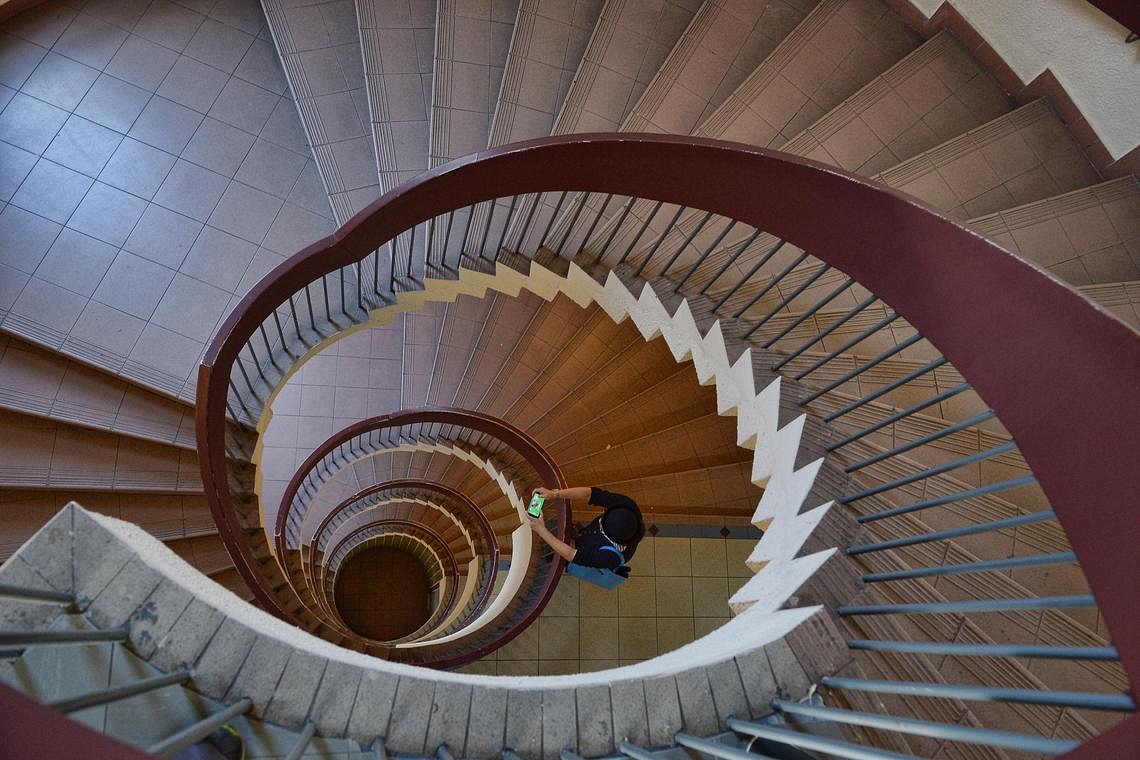
Mr Ho Weng Hin, founding chairman of non-profit heritage group Docomomo Singapore, said URA’s choice to nudge developers towards conserving the cinema block prioritises the retention of Golden Mile Tower’s most socially significant space, offering a good balance between intensifying development on the site and retaining a feature valued by the public.
He said that Golden Theatre, along with other cinemas such as Alhambra and Marlborough theatres – which were replaced by Shaw Towers’ Prince and Jade cinemas in the late 1970s – reflect the strong theatre and entertainment heritage of Beach Road, which continues today.
Mr Edwin Loo, an associate director at real estate consultancy Cistri, said the team behind The Projector, which opened in Golden Mile Tower in 2014, has been among the most successful in “demonstrating to the wider public that previously neglected post-war modern buildings are worth celebrating and enjoying”.
“It would not be an exaggeration to say that the success of The Projector as an anchor tenant of Golden Mile Tower has played a significant role in raising awareness of Singapore’s modern architectural heritage among the wider public in recent years,” said Mr Loo.
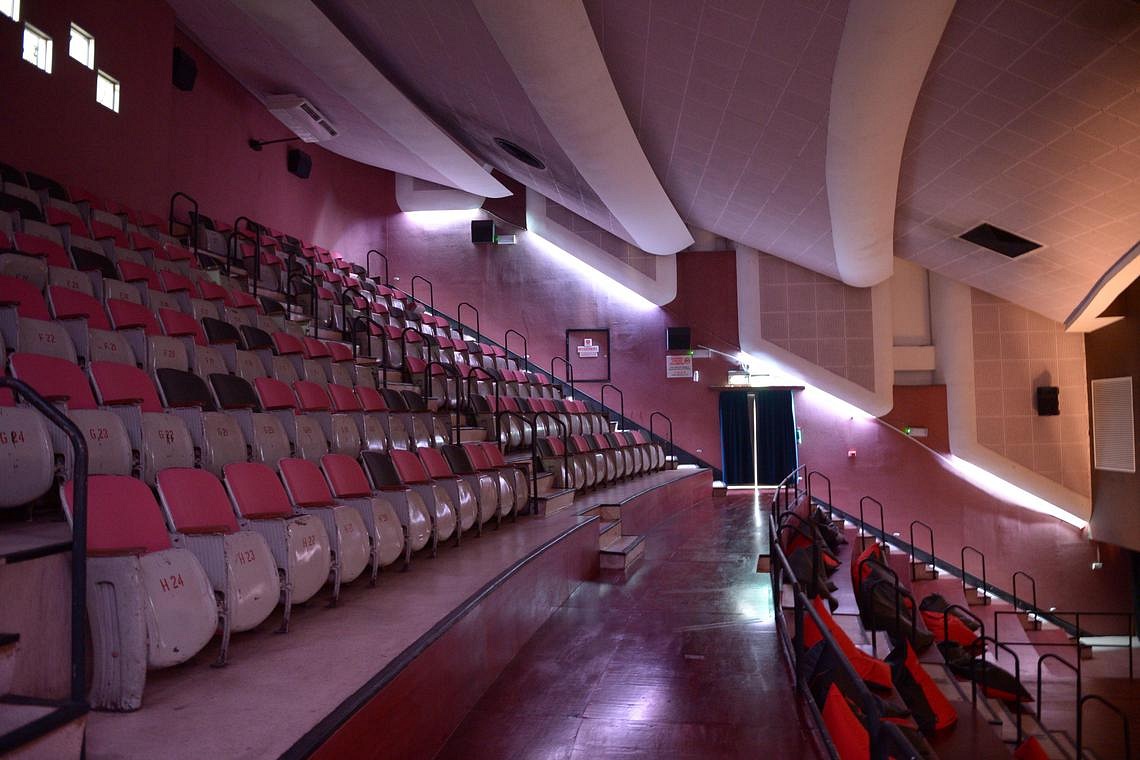
If the cinema block is conserved, Mr Ho hopes its entertainment-based usage and character-defining elements, such as the raked seating, can be retained in a manner similar to the conserved Capitol Theatre, where performances are held and films can still be screened.
On whether the bonus gross floor area is sufficient to tip the scales in favour of conserving the cinema block, Mr Loo said there is no guarantee.
He said conservation will depend on the potential developers’ assessment of refurbishment and adaptive re-use costs, and the expectations of Golden Mile Tower’s subsidiary proprietors.
“The subsidiary proprietors need to understand that an incentive does not automatically result in windfall gains given the risks and costs of redevelopment,” said Mr Loo.
“They will need to be pragmatic if they want to achieve a successful outcome at a price which ensures redevelopment remains financially viable.”
Get The New Paper on your phone with the free TNP app. Download from the Apple App Store or Google Play Store now

